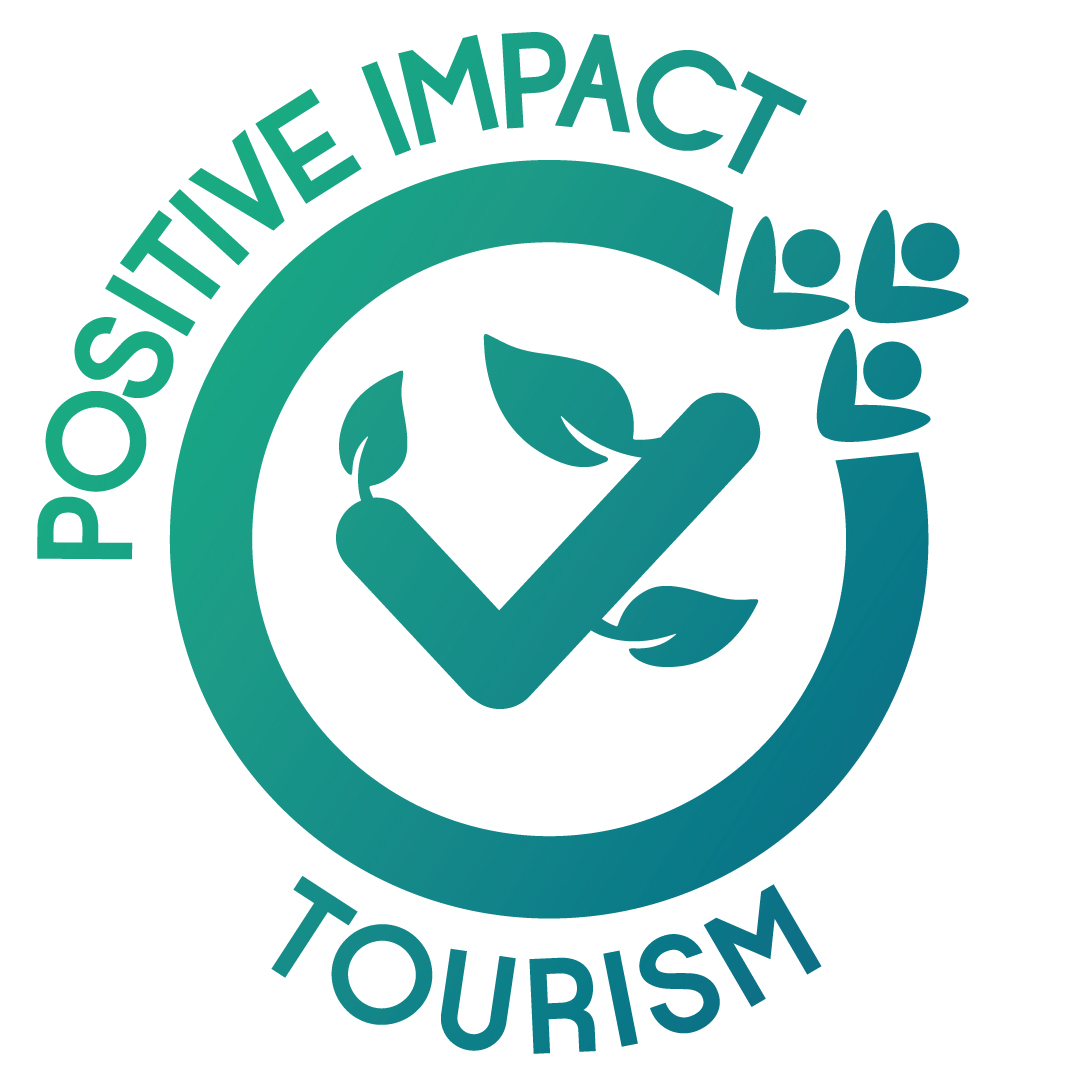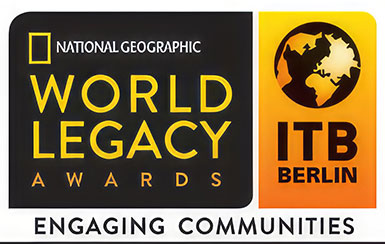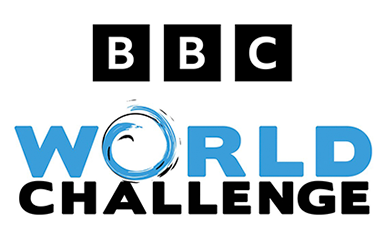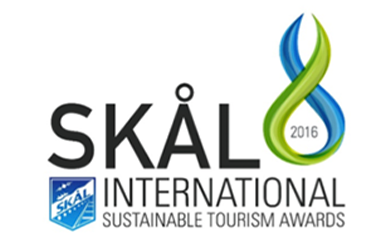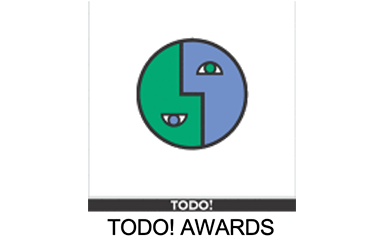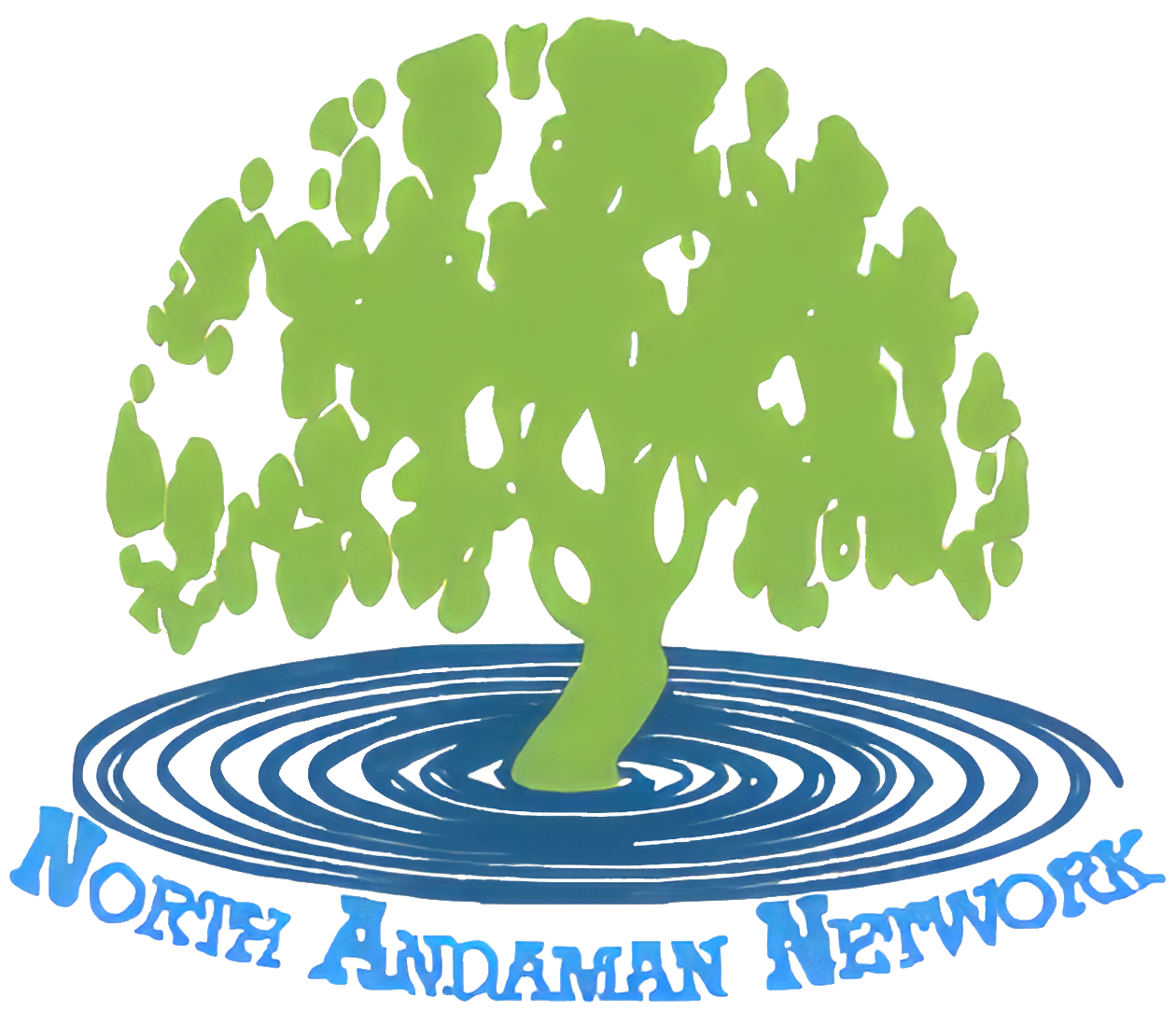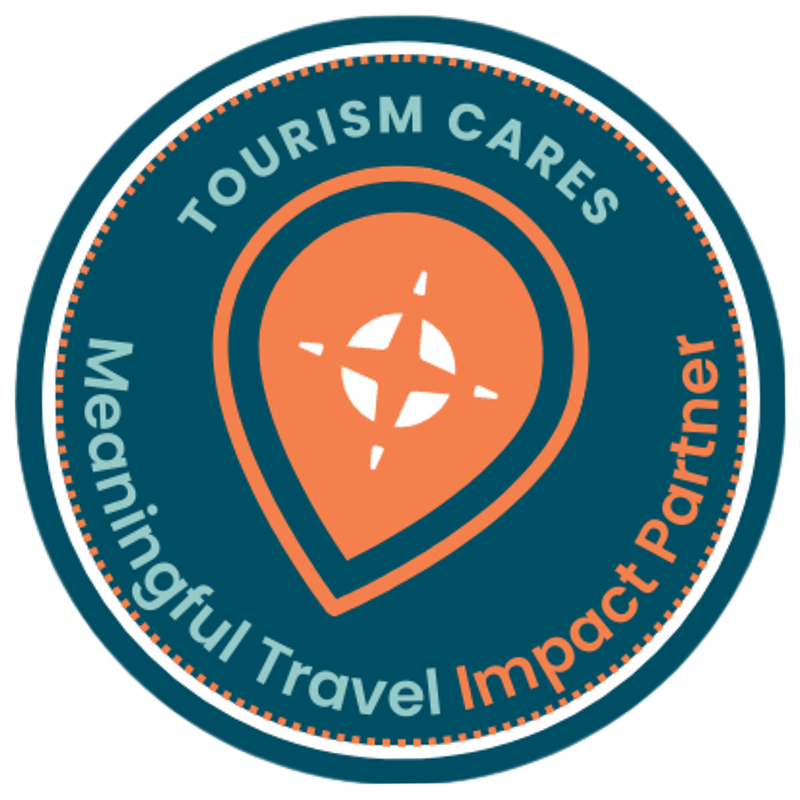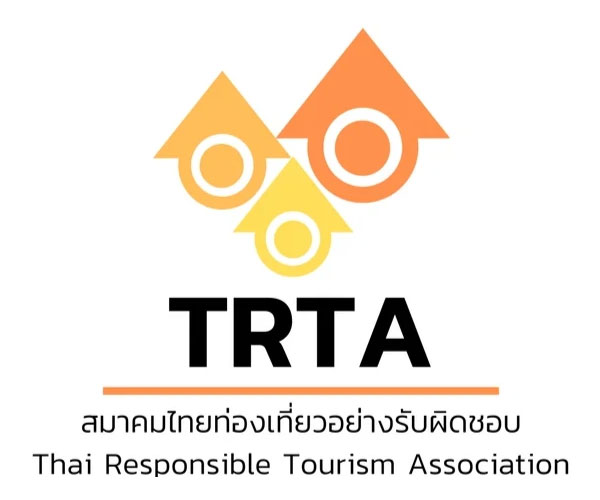N-ACT Bimonthly Meeting
by Jenny Lovell
I did my first homestay in Ban Lion on Koh Phratong. The entire village was built after the tsunami in 2004, funded by the Lion Club. It was really a great way to experience the island. The little boy at my host family’s house was so adorable I wanted to take him home with me! And the food was outstanding. I thought I was going to explode after eating my farewell lunch!
We went for a “hay ride,” Thai-style the afternoon we arrived. We all piled into a flatbed truck and went across Koh Phratong into the savanna. It looked like I could be in the middle of Africa, quite beautiful. We found a land tortoise tucked inside his shell and visited the remains of an old tin mine that had been abandoned. On our way back we saw a bird dive and pick up a live snake for dinner. Then we headed back to the homestay for a fantastic dinner.
In the morning I was lucky enough to watch the bimonthly N-ACT Network (North Andaman Community Tourism) meeting. It was really exciting to see Nat, the N-ACT Project Manager, in action. We started the meeting and I realized: the people here are N-ACT. 8 villages gathered to discuss the future of the organization that will cease to exist, at least in terms of funding, in the middle of July 2010. We sat under the community school, about 20 feet from a miniature swing set and climbing dome for the kids. Dogs sauntered past, waiting to see if any of the meeting attendees accidentally dropped food. Homestay divas slowly bring a variety of tea, coffee, and snacks to keep us going. The setting is perfectly symbolic of community action.
Then Nat snapped into her element. She introduced the meeting. The issues: the N-ACT Thai website, marketing materials, the network committee, data collection for reporting purposes, and last but not least, the future of N-ACT and ongoing support for all the projects.
 Everyone introduced themselves. I awkwardly said my name. I mostly listened to the intonation because I cannot understand Thai very well. It was so different from the stuffy community meetings I ran in the U.S. People spoke when they thought of something, made jokes that sent the whole meeting into uproarious laughter. Kids yelled and played close by and nobody stopped them or hushed their screams of excitement. It was informal, but direct. There was no lack of business decisions made, but the informality lends itself to intense concentration when a serious subject arose. I never looked around a community meeting in the U.S. and saw every single person making eye contact with whoever was speaking.
Everyone introduced themselves. I awkwardly said my name. I mostly listened to the intonation because I cannot understand Thai very well. It was so different from the stuffy community meetings I ran in the U.S. People spoke when they thought of something, made jokes that sent the whole meeting into uproarious laughter. Kids yelled and played close by and nobody stopped them or hushed their screams of excitement. It was informal, but direct. There was no lack of business decisions made, but the informality lends itself to intense concentration when a serious subject arose. I never looked around a community meeting in the U.S. and saw every single person making eye contact with whoever was speaking.
I saw how this network actually makes an impact on the individuals at the meeting and in the villages. They are not appointed employees looking out for folks in the village. They are the villages. The decisions made in the meeting are reached with consensus because they directly affect everyone. The network has raised capacity in each person, who has then shared their knowledge with their home town, so that their traditional way of life can be maintained while they earn additional income in various sustainable ways.
Handicrafts, homestays, weaving nipa palm fronds for roofing material , and graciously showing curious foreigners how they live. Just demonstrating the process of making fish paste, constructing a squid trap, or dressing a guest up in a traditional Muslim outfit can earn a family extra money. These are activities they do every day regardless of tourism. But with the professional training nurtured by N-ACT, villages have started investing in the future by pooling their income and supporting each other to attend marketing and business development trainings. It seems that a few embers of education can spread wisdom like wildfire.



